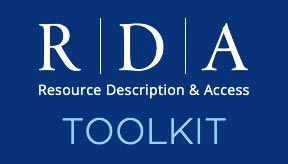Countdown Clock for Original RDA Toolkit Set for May 2026
The RDA Board in consultation with the Copyright Holders of RDA have determined that a hard date for the removal of the original RDA Toolkit website is needed. This determination was made against a backdrop of giving user communities plenty of time for planning in their transition to official RDA.










